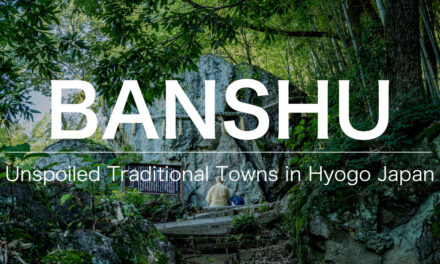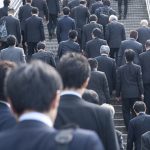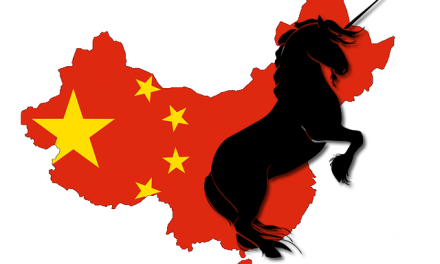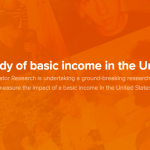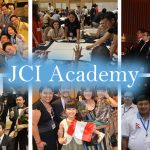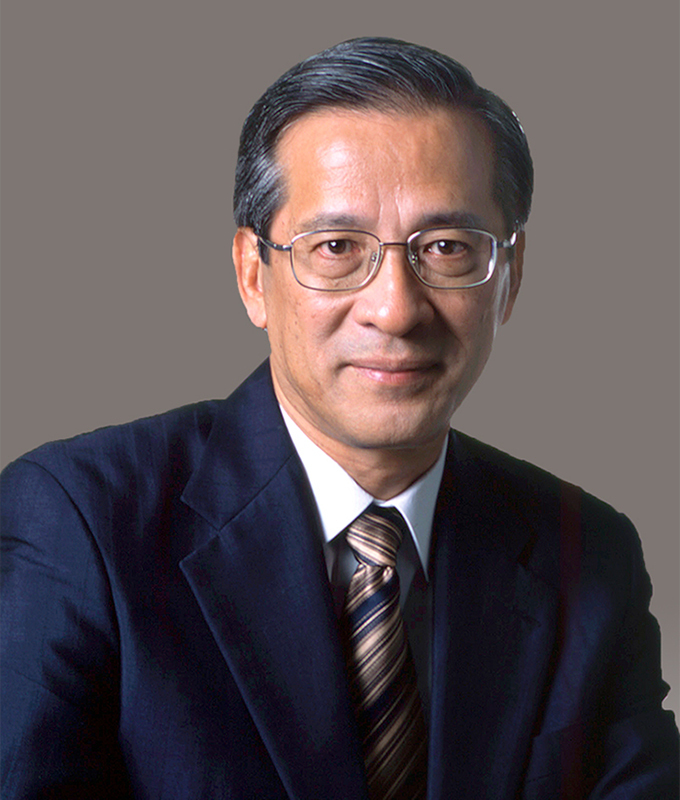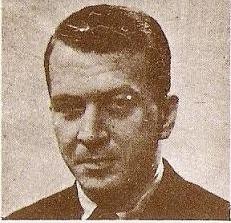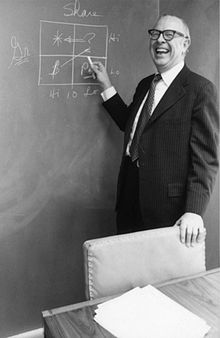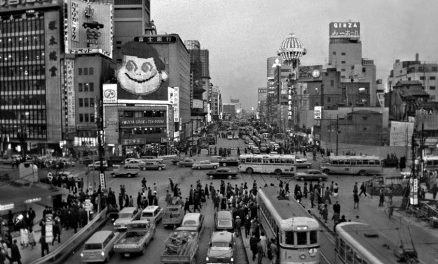
Japan’s complete defeat of intellectual creativity

As I discussed before, Japan’s economy recovered drastically during the postwar period and everyone praised its miracle. However, since the economic bubble burst, Japan has struggled with dealing with the stagnation.
This has been discussed for decades and many economists have claimed that one of the biggest causes is a lack of entrepreneurship, contrasting sharply with other countries like Sweden and the U.S.
However, before discussing it, I’d like to share what was going on back then and the reason why a number of US companies which once before lost competitions against Japanese enterprises were able to beat them.
For talking about them, I would also like to introduce my favorite book, V-ji-kaihuku no keiei (The management of V recovery, Tadashi Saegusa, Japan)
Mr. Saegusa is one of the most famous business leaders in Japan, well-known for being “a turnaround specialist”, taking responsibility for rebuilding companies. He made a lot of Japanese companies turn around, including Komatsu, and from 2003 to 2014, he was the CEO of Misumi Corp where I started my professional career.
The following information is based on his book and it’ll be able to help you understand the negative consequences that Japan has faced.
In the period of economic growth
Mr. Saegusa
During the Pacific War, Japan considered English to be as a hostile language and prohibited all of the citizens from using it. (Children were even not allowed to sing American songs)
In contrast, the U.S did Japan research extensively and strived to break signals of the Japanese Army. Learning the enemies languages was believed to have lead the U.S to victory.
For 30 years from 1960’s to 1990’s, Japan rose like a phoenix from the ashes. The U.S again aimed to create tactics in order to counterattack against Japan while analyzing Japanese management and learning from it.
Meanwhile, Japan’s management know-how and strategic technique had not evolved. Now the signals of the Japanese management have been understood completely by the U.S and Japan is way behind them again.
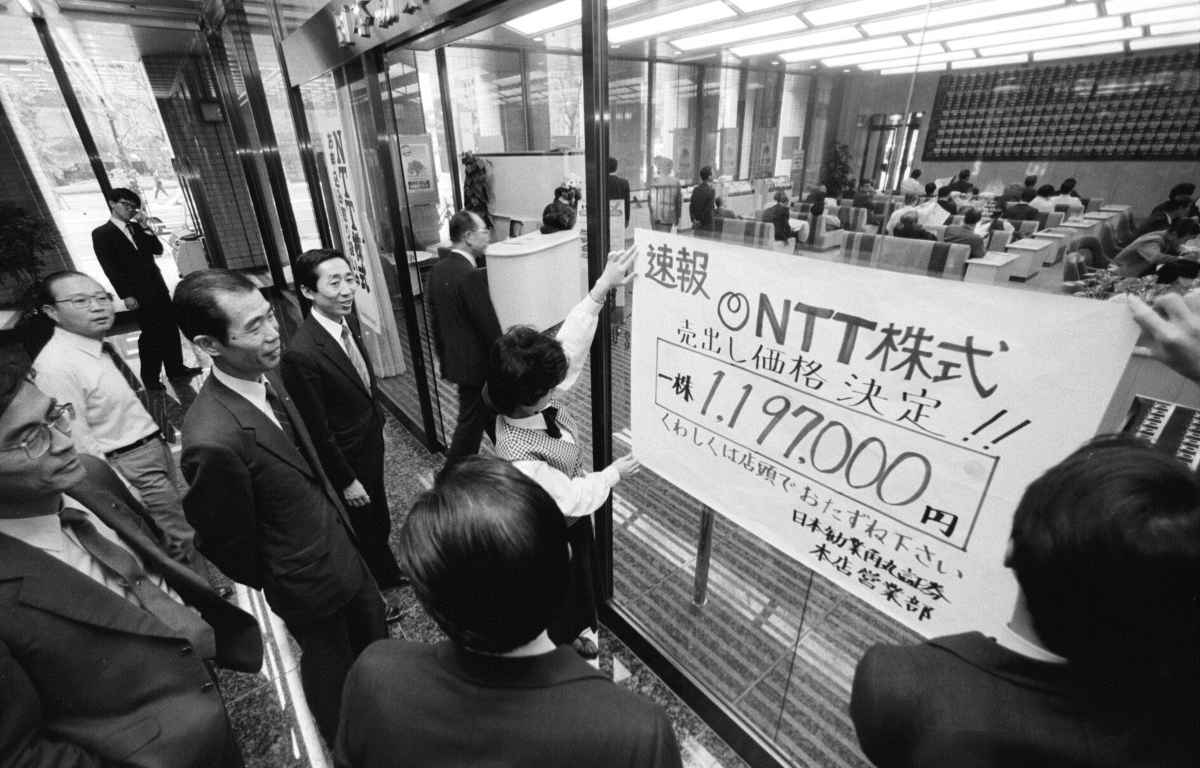
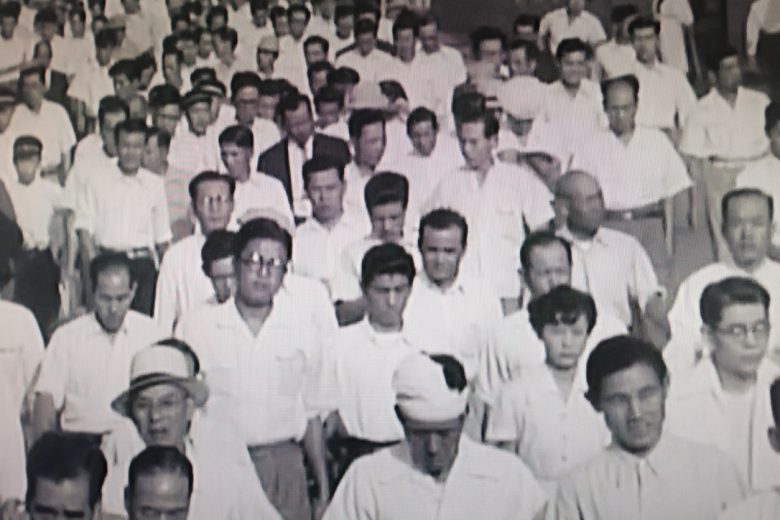
In the period of economic growth (the postwar period), Japanese people from the top to the bottom in companies worked very hard from the early morning to the middle of the night as if they were possessed by something.
Back then, targets were clear and employees including executives were younger.
Boston Consulting Group
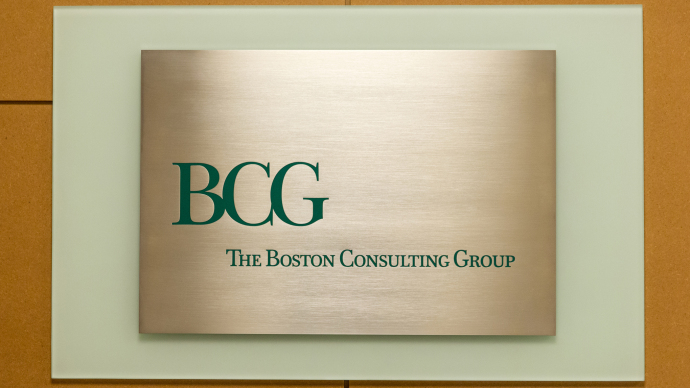
There was an American social psychologist who paid his attention to Japan’s group-oriented nature at such an early stage in 1950’s and compiled the characteristic of Japan’s organization for the first time in history, Doctor. James Christian Abegglen.
He advocated the three sacred treasures which sustained the strength of Japan’s management.
Doctor. James Christian Abegglen
1. The lifetime employment system
2. The wage system based on seniority
3. Company unions
Dr. Abegglen met an American guy who had also been aware that Japan would be a serious menace for the U.S.
His name is Bruce Doolin Henderson, the founder of Boston Consulting Group (BCG).
Before long, Abegglen worked with Hnderson as a vice president of BCG.
They branched out in Tokyo in 1966 when BCG was still unknown and only 10 consultants were working at the headquarters in Boston.
They were extremely foresighted. They analyzed the mechanism of Japan’s expanding growth,
Bruce Doolin Henderson
‘Expanding market shares in the international market’
↓
‘Increasing sales’
↓
‘Decreasing much more cost’
↓
‘Expanding more market shares’
PPM
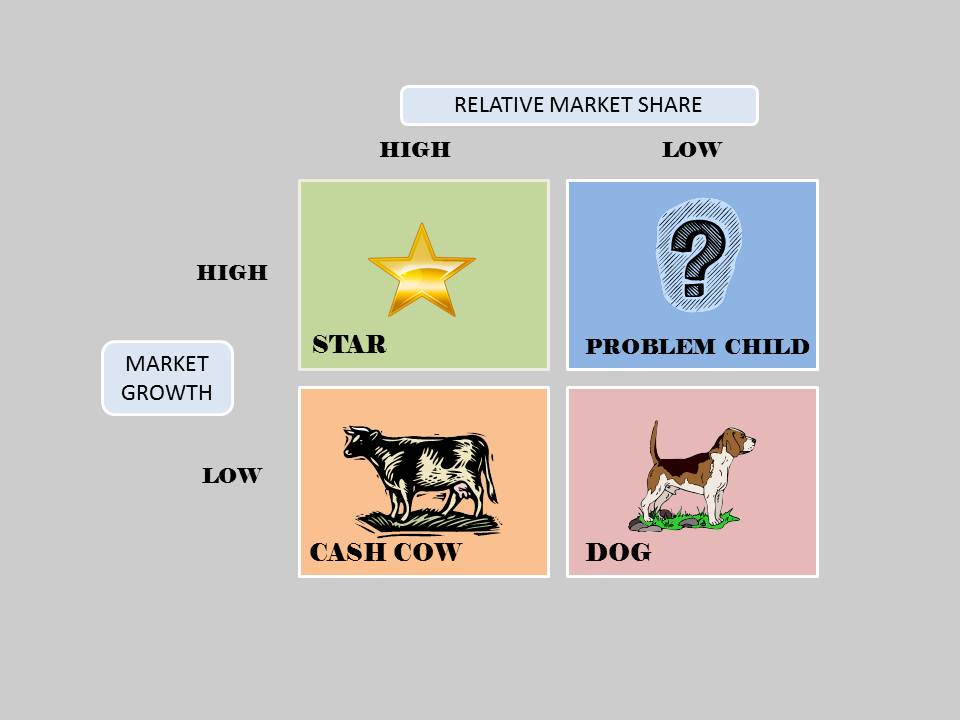
At the end of the day, they incorporated the fruit of this analysis and perfected the world first managerial strategic theory ‘Product Portfolio’ (PPM) in 1970. (Mr. Saegusa joined BCG in this previous year)
The message of PPM (BCG) was that if U.S business leaders tried to compete against Japan, everyone had to take principles of growth, increase long-term investments, and change the short-term profit-oriented mentality to the same as Japan.
Otherwise, the management of American enterprises would be in danger.
To be continued …
Sponsored Link


